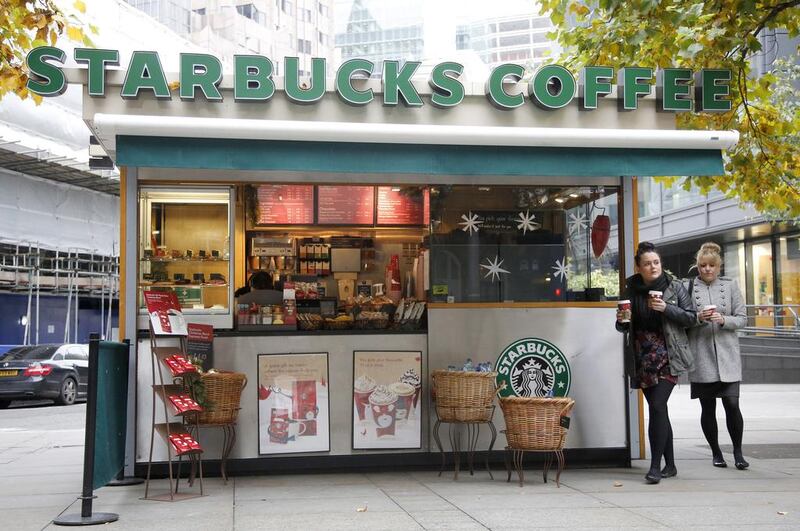Global multinationals in the Middle East and North Africa are bracing themselves for a planned investigation into the taxes they pay in the region.
Rules being drafted by the Organisation for Economic Cooperation and Development (OECD) will target companies that try to cut the amount of tax they have to pay by shifting profits from highly-taxed nations to those with a lower tax rate.
“The main objective is stop tax evasion or aggressive tax planning,” said Sherif El Kilany, managing partner of tax in the Middle East at Ernst & Young, the professional services company. “When you have investment flowing from one country to another country, there has been a lot of aggressive tax planning, so the base of tax has been eroded, shifting it from high tax jurisdictions to low tax jurisdiction or even tax havens. “Global corporations including Google, Amazon and Starbucks came under fire in the UK for avoiding paying tax on their British sales. The issue has stirred public anger across Europe in recent years as austerity has focused attention on the taxation of multinationals.
“Companies need to make sure there is no evasion of taxes in any of the jurisdictions they are operating in.”
Known as “base erosion and profit shifting,” the OECD’s action plan attempts to combat techniques used by companies to reduce the amount of tax they pay. It comes as governments in the advanced world aim to maximise revenues and cut back spending to trim budget deficits.
Mr El Kilany said the rules were likely to affect multinationals based in the region and operating overseas as much as foreign multinationals working in the region.
Penalties by domestic governments are likely to be handed out to companies not complying with the rules, he said. The stigma of being labelled a “tax evader” is another risk for companies.
Most vulnerable to the rules, he said, were businesses which had established in the region so-called “paper companies”, or companies that had a licence to do business but were not fully operational.
The issue of corporate tax has come under the spotlight since the global financial crisis of 2009. The US government has been targeting companies that retain foreign profits abroad, instead of being subject to the country’s 35 per cent corporation tax. Meanwhile, Starbucks and Google are among multinationals that have faced a barrage of recent criticism in the UK for using legal loopholes to avoid large tax bills.
The GCC’s tax regime is among the lowest in the world. Foreign companies operating in the UAE’s free zones do not have to pay any corporate tax or import and export taxes.
G20 finance ministers endorsed the OECD scheme last year but the plans have yet to be fully approved. The rules are likely to draw upon tax treaties signed between countries to transfer tax information.
tarnold@thenational.ae





